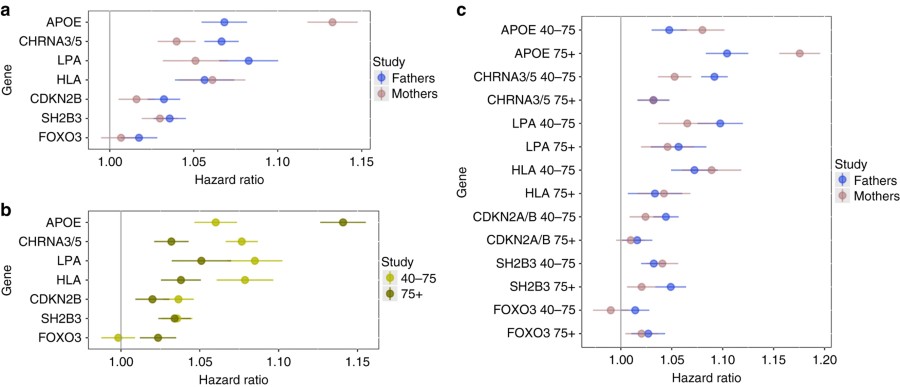
Molecular clues about the neurotoxic effects of PFAS. A new study has identified 11 genes that may hold the key to understanding the brain’s response to these pervasive chemicals commonly found in everyday items.
Per- and polyfluorinated alkyl substances (PFAS) earn their “forever chemical” moniker by persisting in water, soil and even the human brain.
This unique ability to cross the blood-brain barrier and accumulate in brain tissue makes PFAS particularly concerning, but t...
Read More







Recent Comments